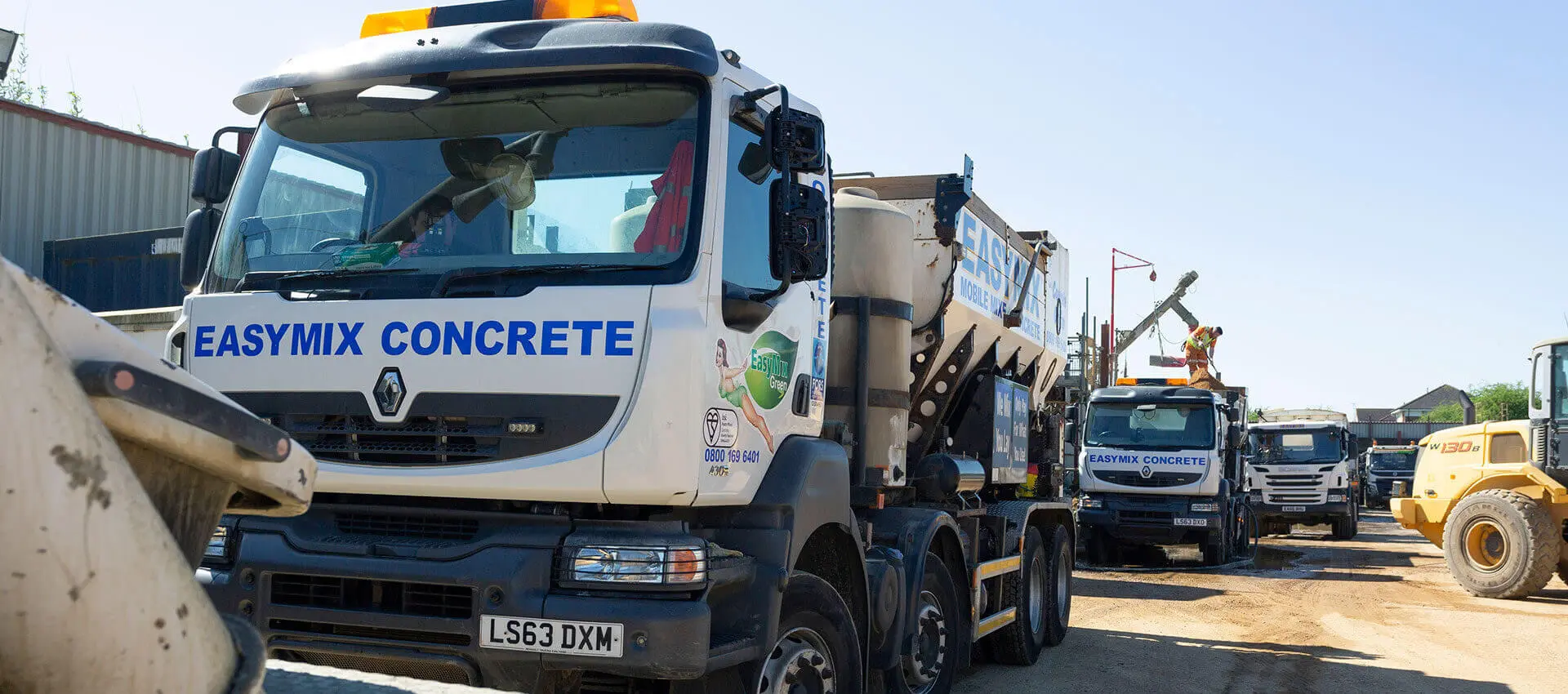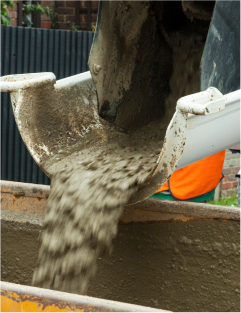
CONCRETE DRIVEWAY GUIDE
Concrete is the most popular driveway surface in the world — and it’s not hard to see why. Concrete is exceptionally durable, requiring almost no maintenance and lasting around 30 years. Plus, it is versatile in design, enabling you to colour, polish and texture your driveway to create your ideal aesthetic.
If you’re considering upgrading to a concrete driveway, you’ve come to the right place. In this month’s article, we’re going to explain everything you need to know about installing your own concrete driveway.
What concrete do I need?
It is a common misconception that all concrete is exactly alike. While it’s true that each mix is made with the same raw materials — water, cement and aggregate — different mixes will include various additional materials that alter the properties of the concrete, making the mix more suitable for use in a specific application.
Additional materials include:
Fibres – for enhanced strength
Plasticisers – for free flowing, better workability
Retarding agents – for reduced rate of setting
Accelerating chemicals – for increased rate of setting
Corrosion inhibitors – for reduced corrosion of steel rebars
By adding these materials to our concrete, we can create mixes that are perfect for driveways.
We recommend the following mixes for a driveway:
- C30/PAV1/ST 3
- Pervious/permeable concrete
- Decorative concrete
You can find out more about the different types of concrete and each of their benefits here. As concrete experts, we can help you find the perfect type of concrete for your driveway.
Do I need planning permission?
You will not need planning permission for your concrete driveway if you are using permeable concrete. Permeable concrete prevents runoff by allowing water to soak through the surface.
However, you will need planning permission if you are not using permeable concrete. This is to ensure that runoff won’t cause flooding or affect any surrounding electrical equipment.
How much concrete will I need?
The amount of concrete you need will depend on the size of your driveway. The EasyMix concrete calculator will calculate a precise volume based on the length, width and depth of your driveway. And because EasyMix mix the concrete at your site, you’ll only ever receive as much concrete as you need, meaning you’ll never overpay for excess product.
Getting a dropped kerb
A dropped kerb enables vehicles to safely transition from road to driveway by transforming the kerb into a ramp. A dropped kerb is essential if you need to drive over a pavement/footpath to reach your driveway. If you do not have a dropped kerb, you will not be legally permitted to drive over the pavement/footpath.
A dropped kerb requires planning permission from your local council and you may need to strengthen the pavement. This is to protect any underground utilities.
How long should I wait before walking or driving on it
Concrete increases its strength as it cures. Technically, concrete never stops curing and will continue to get stronger and stronger throughout its lifespan. However, the initial concrete curing phase is the period of time when no pressure should be applied to the concrete.
For your driveway, you can expect your concrete to have cured within 24-48 hours. You can walk over your concrete after 48 hours but we recommend leaving it a full 28 days before parking a car on it.
If you’re interested in upgrading your driveway to the world’s most popular driveway surface, contact the EasyMix team today. We pride ourselves on providing the best concrete mixes at precise volumes, ensuring you never overpay for excess product. We serve customers in Hertfordshire, Bedfordshire, Northamptonshire, Buckinghamshire, North London and the surrounding areas.
Find out how much concrete you need using our concrete calculator and receive your free quote.
Call us on 0800 169 6401
Locate your nearest branch
Find out if we deliver concrete to your area
Concrete Calculator
Calculate how much you will need
fast, reliable delivery!

This website uses cookies to enhance your browsing experience and deliver personalised ads. By clicking “Accept All Cookies”, you agree to the storing of cookies on your device to enhance site navigation, analyse site usage, and assist in our marketing efforts.


